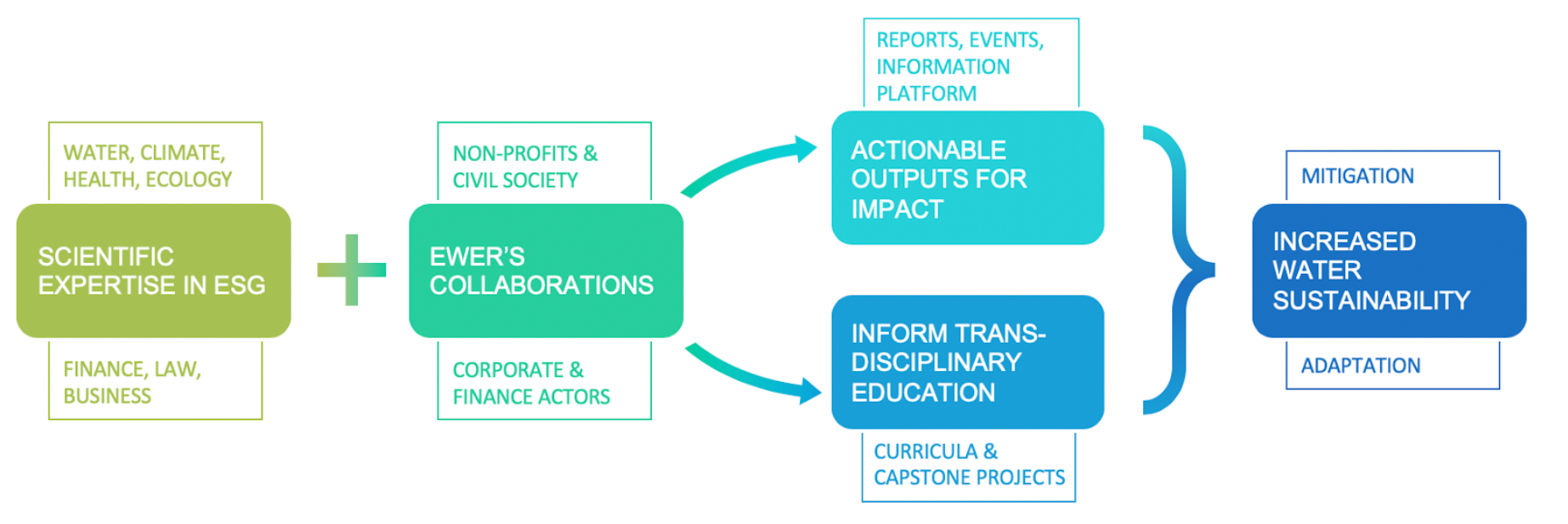Climate and water risks have emerged over the past two decades as critical parameters to measure Environmental, Social, and Governance (ESG) performance of companies. Thousands of companies now routinely publish sustainability reports, following ESG frameworks.
Although consortia and NGOs have recognized water risk management as crucial for corporate performance and ESG reporting is on the rise, water disclosures are limited compared to carbon emissions and are not the focus of the financial sector or regulators. This reduced attention to water risks could be associated with a perception of low relevance to a company’s or portfolio performance. There is also poor alignment on the definitions of water metrics and a lack of consensus on what and how to report, which creates confusion. Indeed, though water “risk” metrics are included in all ESG reporting frameworks, they are usually limited to volumetric indicators (e.g. extractions, water used per unit of product, and similar), generalized measures of basin water stress, and in the best cases, qualitative water risk analyses. These indicators are only weakly correlated with the physical, regulatory, and reputational risks that lead to potential financial losses associated with water and climate, making them of little use to investors and companies alike.
With the EWER Network, we aim to define a robust and applicable process for assessing and disclosing water risks, based on pertinent metrics and evolving data sources. The Network is organized around four themes:
- Data availability and adequacy for assessing Water and Financial risks
- Water risk assessment methodologies and metrics
- Incorporating water risks in ESG indices and company valuation
- Water stewardship and the SDGs
Contact us for information about partnership and sponsorship opportunities.

